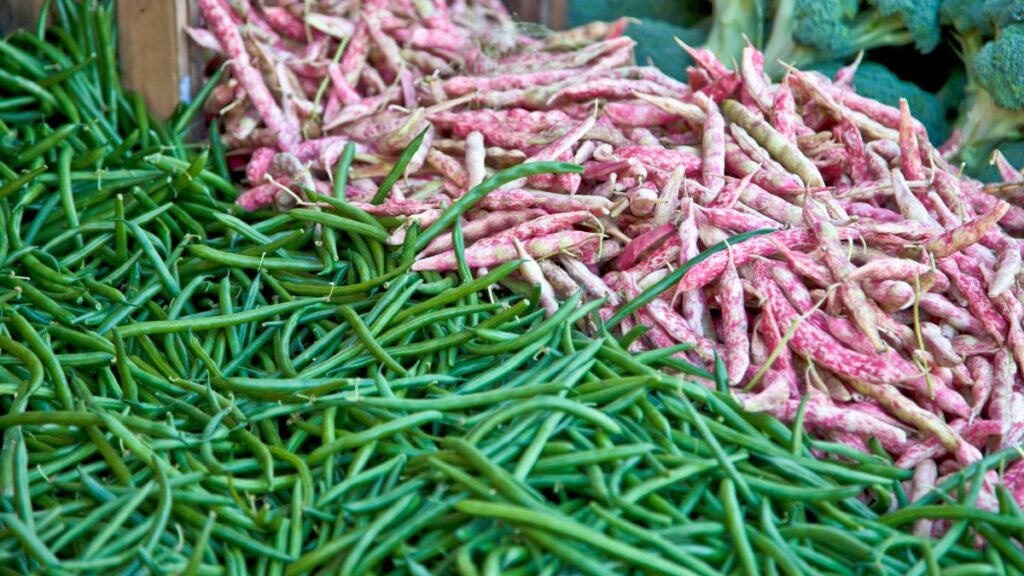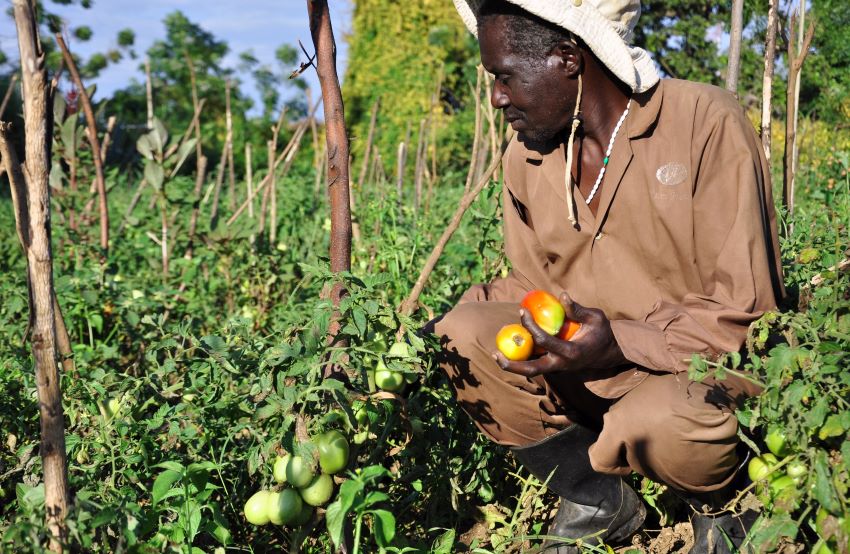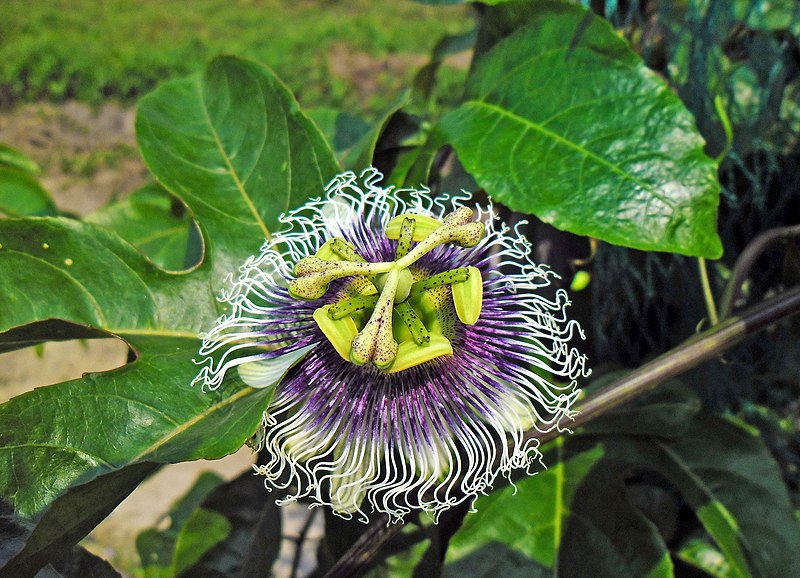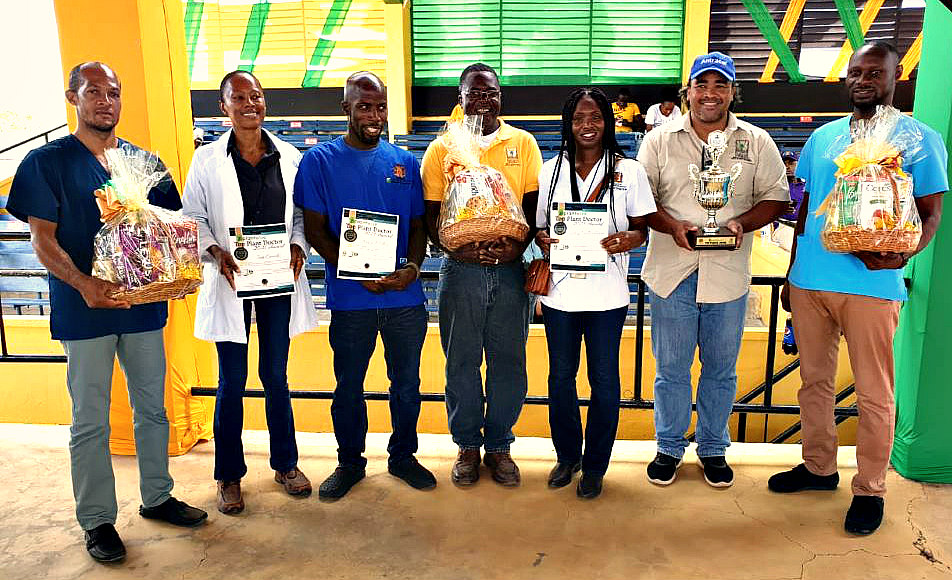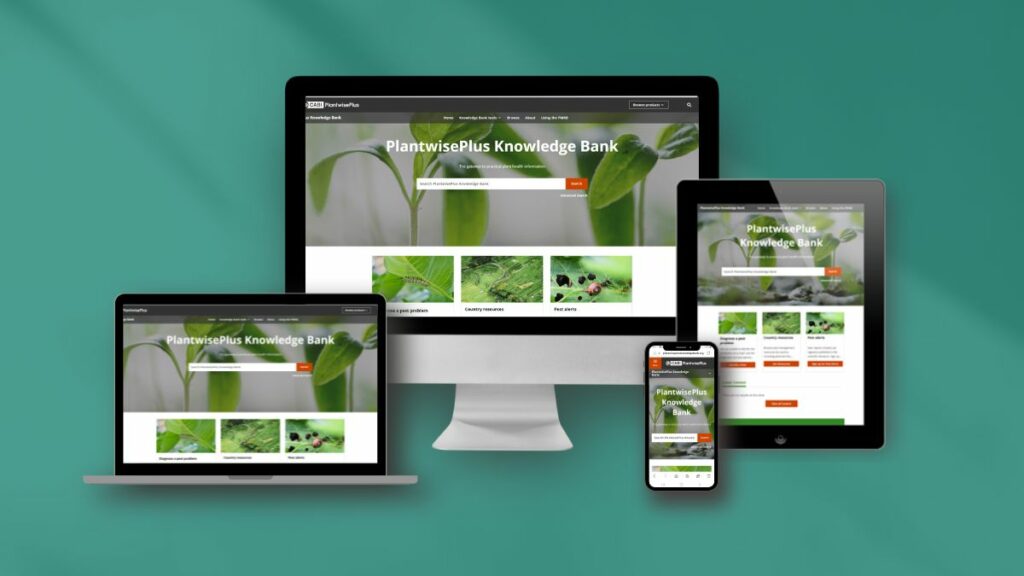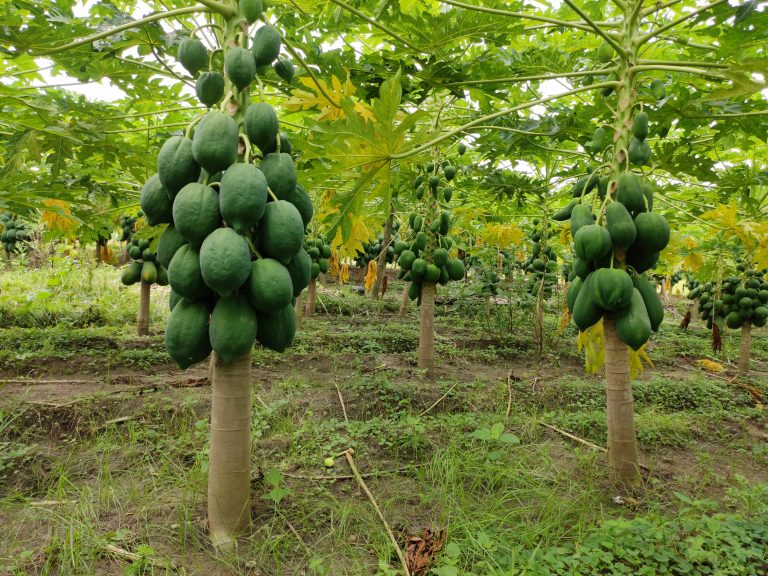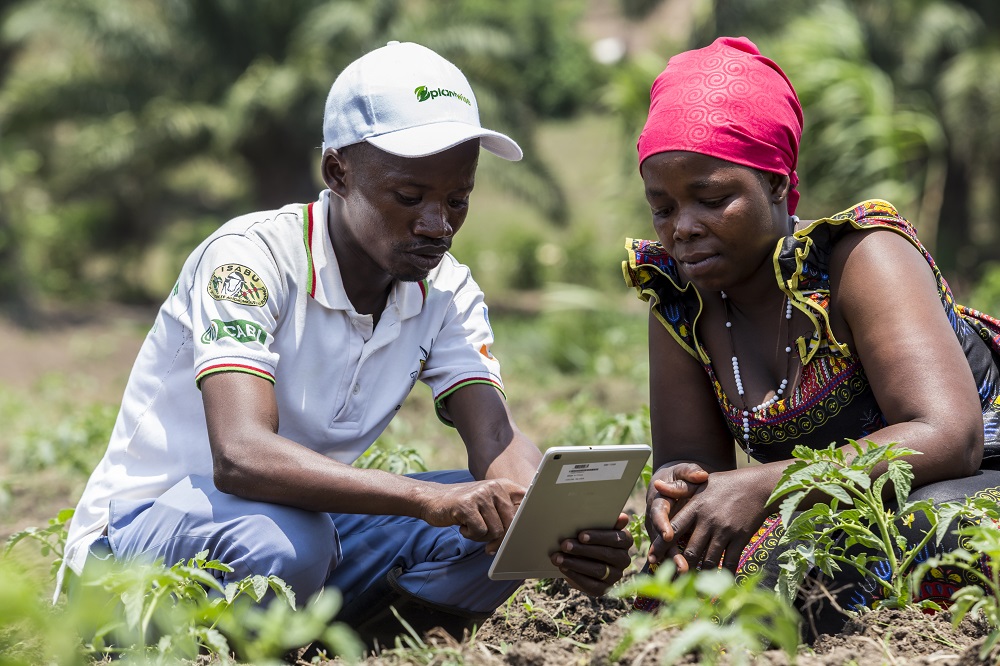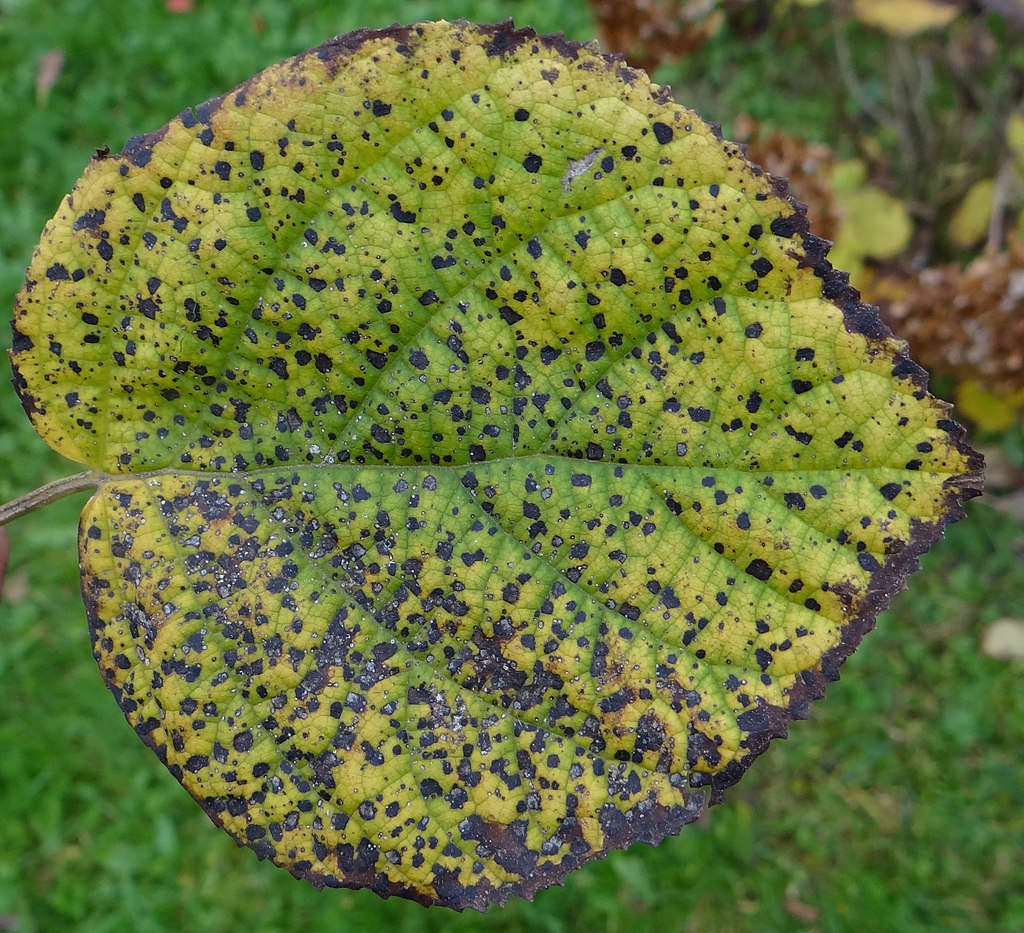PlantwisePlus most read blogs of 2022
As 2022 draws to a close, we have crunched the numbers to present the most-read articles on the PlantwisePlus Blog this year. Plus a few firm favourites. Articles on the PlantwisePlus tools and plant doctor training across the globe were some of the most read during 2022, as were those covering the work Plantwise continues…
Update: New Pest & Disease Records (05 December 2022)
We’ve selected a few of the latest new geographic, host and species records for plant pests and diseases from CAB Abstracts. Records this month include information about a new virus disease of sunflower from Nebraska and the isolation and identification of the top blight pathogen of Passiflora edulis.
PlantwisePlus Knowledge Bank joins the CABI Digital Library
The PlantwisePlus Knowledge Bank has joined the CABI Digital Library platform. Developed by subject experts in partnership with international collaborators, the CABI Digital Library (CDL) makes it easier for practitioners, students and researchers to find in-depth scientific information in their area of interest.
Update: New Pest & Disease Records (07 November 2022)
We’ve selected a few of the latest new geographic, host and species records for plant pests and diseases from CAB Abstracts. Records this month include the first report of Tobacco mosaic virus infecting papaya in China and the first report of fruit rot of sweet pepper caused by Cladosporium cladosporioides in Israel.
Update: New Pest & Disease Records (11 October 2022)
We’ve selected a few of the latest new geographic, host and species records for plant pests and diseases from CAB Abstracts. Records this month include the first report of Corynespora cassiicola causing target spot on cotton in South India and the first report of ‘Candidatus Phytoplasma fragariae’ infecting hazelnut in Italy.

